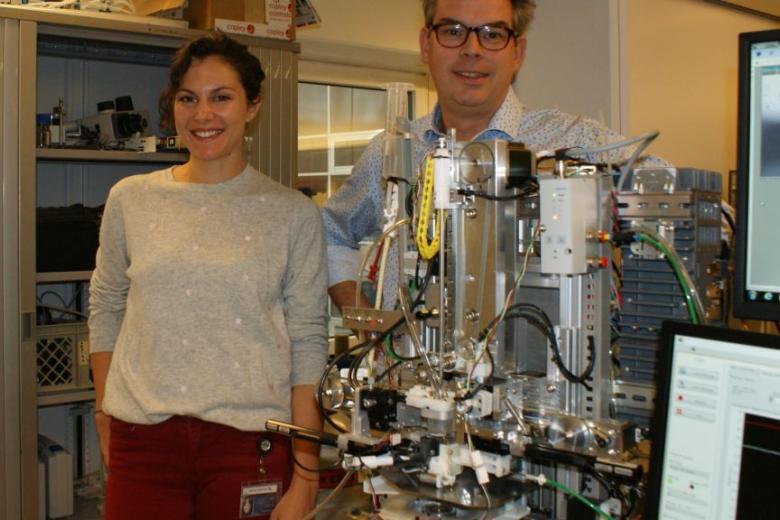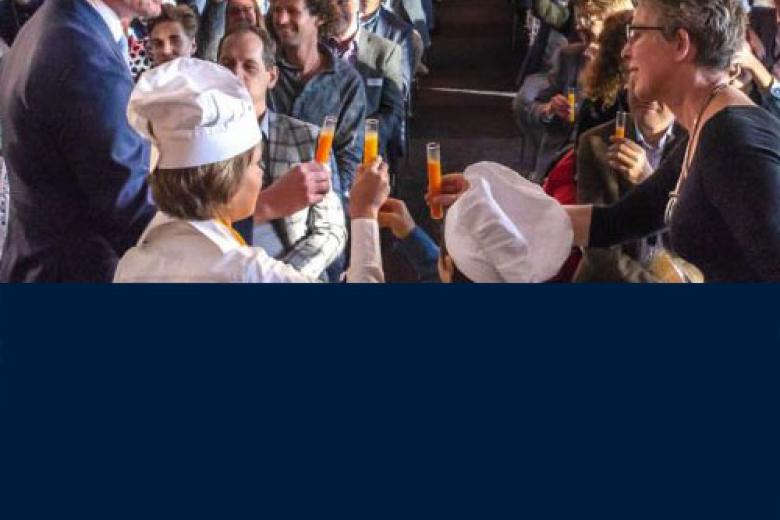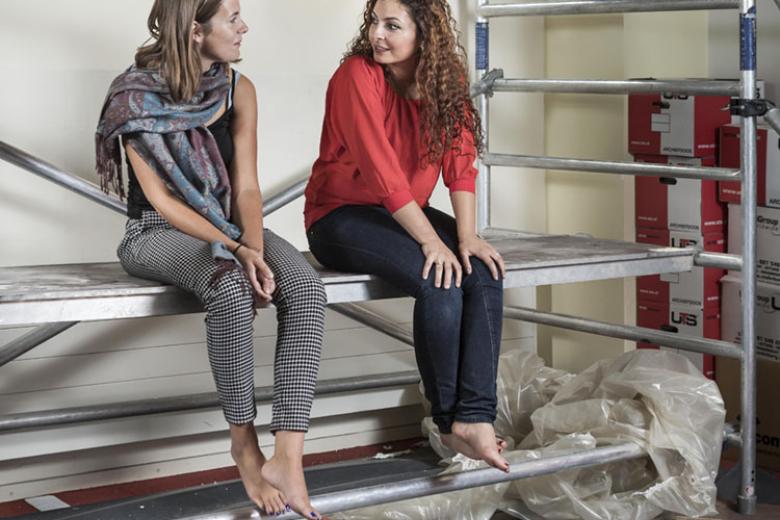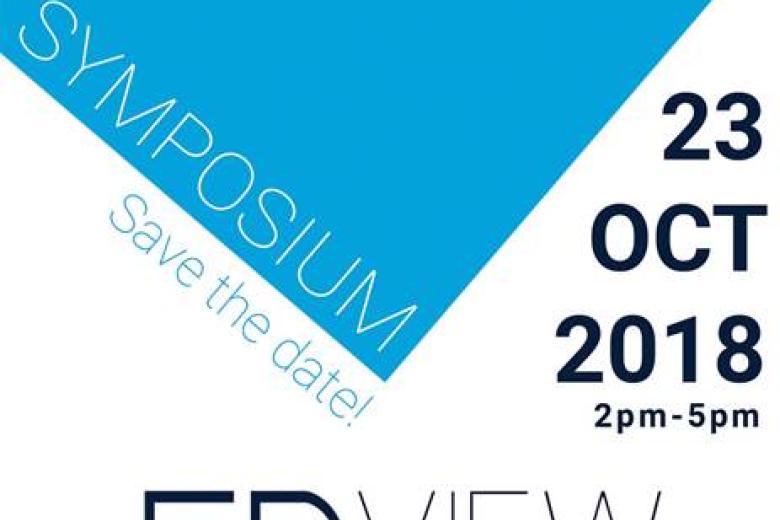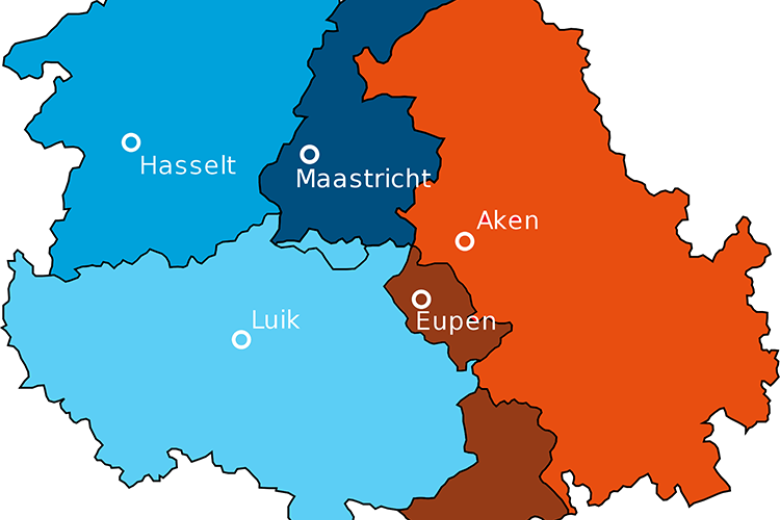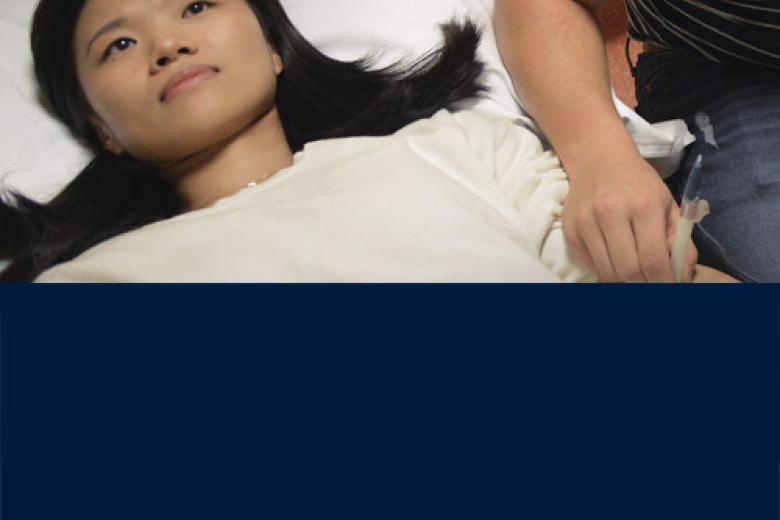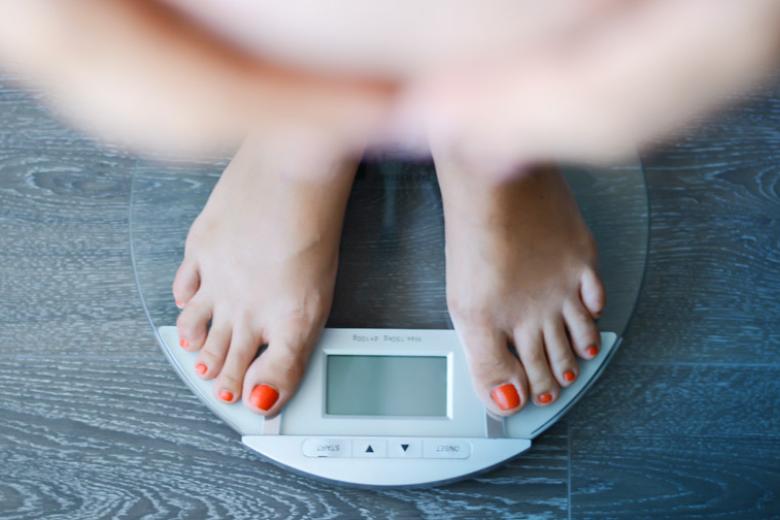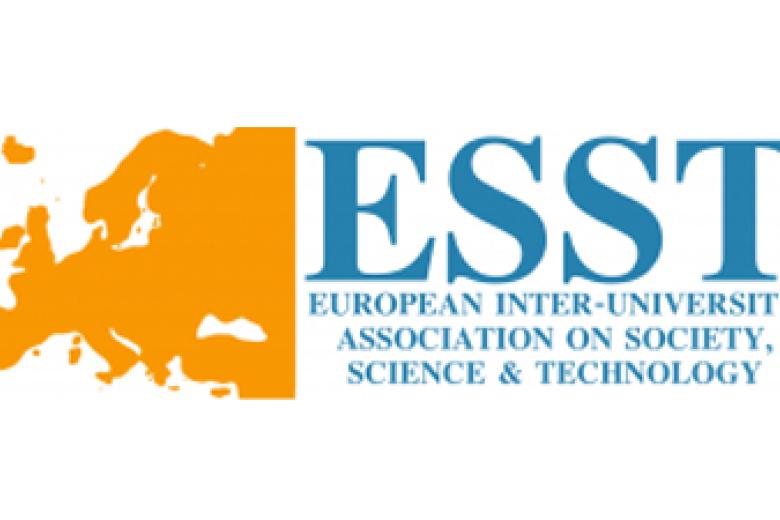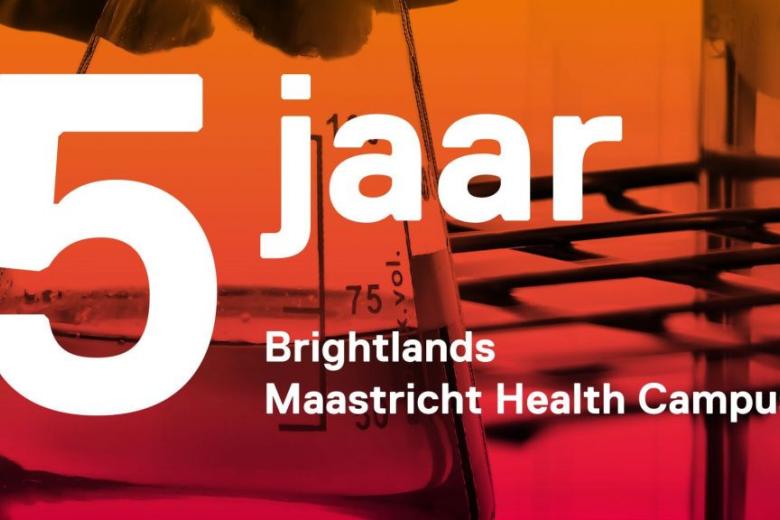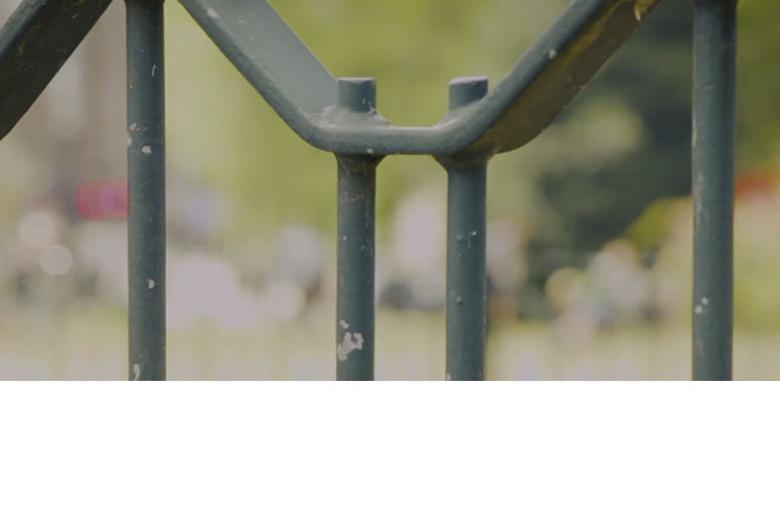Vitrojet, indispensable for electron microscopes
Thanks to cryo-electron microscopy, scientists can see inside cells, all the way down to the molecular level. This revolution makes it possible to analyze the precise composition of the many thousands of proteins. It might also reveal the mysteries of how diseases such as Alzheimer’s or tuberculosis...
